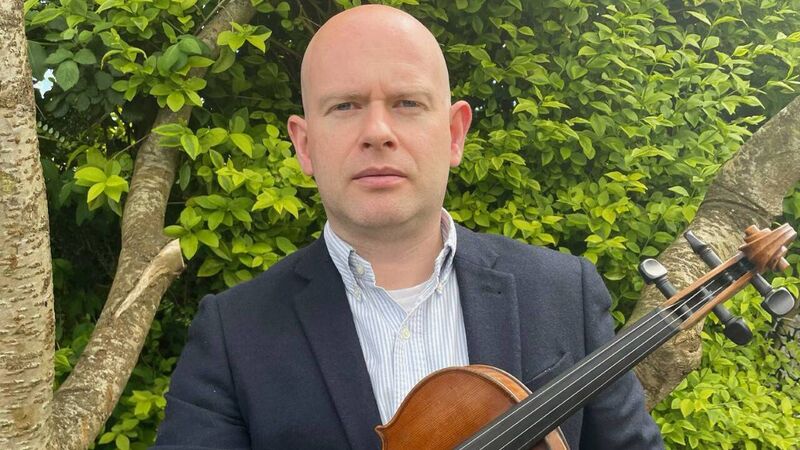Ruling on fiddle player's employment status gives power back to workers

Matt McGranaghan took a case against his former employer, MEPC Music, for whom he had played as a fiddler for eight years between 2014 and 2022.
If you're the sort of person who follows soccer to any extent, and even if you aren’t, you’re probably familiar with the phrase ‘leaving on a Bosman’.
















